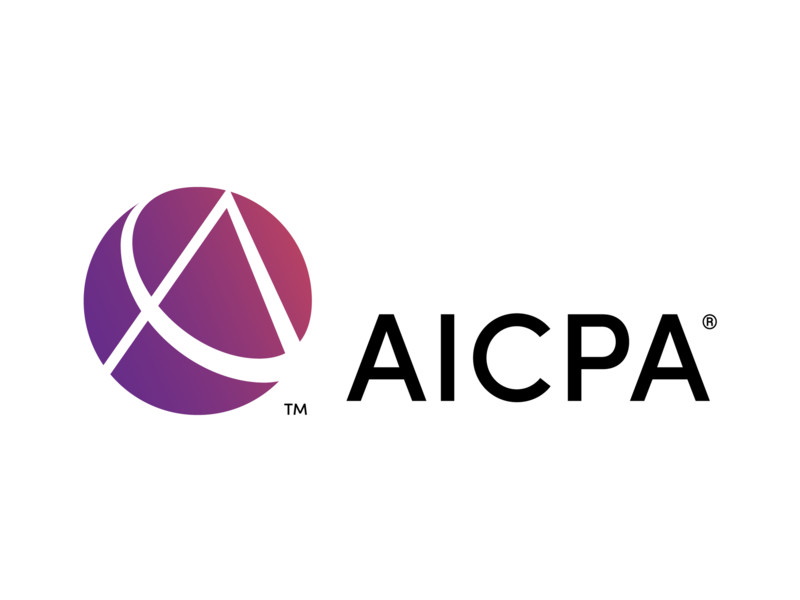Accounting
AICPA News – March 2023
AICPA News is a roundup of recent announcements from the American Institute of CPAs.
Mar. 01, 2023

AICPA News is a roundup of recent announcements from the American Institute of CPAs.
AICPA sends 2023 Compendium of Tax Proposals to Capitol Hill
The American Institute of CPAs (AICPA) has sent to members of the House Ways and Means Committee and Senate Finance Committee its 2023 Compendium of Tax Legislative Proposals – Simplification and Technical Proposals, which outlines AICPA’s positions on a number of legislative proposals that are directly related to changes to the tax rules and can be readily addressed.
The compendium includes items focused on improving tax administration, making the tax code fairer and effectively promoting important policy objectives. The proposals correct technical problems in the Internal Revenue Code or simplify existing provisions.
The 61 recommendations in the compendium include proposals related to employee benefits, individual income tax, international tax and tax administration, among others. Specific proposals address significant issues affecting businesses, taxpayers and their accounting representatives, such as the tax treatment for health insurance deductions for employees and self-employed individuals (pg. 27); reasonable cause exceptions to the section 6707A and 6662A penalties for all reportable transactions (pg. 41); refunds of any remaining minimum tax credits from the prior corporate alternative minimum tax (AMT) regime (pg. 130); and repeal of the Last-In, First-Out (LIFO) conformity rule (pg. 148).
AICPA Asks Congress to Extend Section 174 R&E Expensing and Expired Tax Provisions
The American Institute of CPAs (AICPA) submitted a letter to the House Ways and Means Committee and Senate Finance Committee requesting immediate consideration of the treatment of section 174 research and experimental expenditures, as well as numerous expired tax provisions.
Specifically, the AICPA supports the deferral of the Internal Revenue Code (IRC) section 174 amortization requirement of the research and experimental expenditures and requests that Congress retroactively extend the effective date to amounts paid or incurred in tax years beginning after December 31, 2025.
This retroactive extension will allow businesses to continue expensing research and development costs for an additional four years, which will simplify tax compliance and minimize confusion related to identifying costs that should be capitalized rather than expensed. To further simplify the tax code, the AICPA recommends permanent allowance of expensing for section 174 expenditures.
In its letter to the leadership of the tax writing committees, the AICPA notes that there has been uncertainty and confusion surrounding tax extenders in the last several years. “While some measures, such as those designed for economic stimulus, are appropriate for temporary and sporadic use, longstanding, continually renewed, temporary tax provisions, including many incentive provisions, have become far too common,” the group says in the letter.
New Partnership Between AICPA & CIMA and University of Oxford’s Saïd Business School Will Help Improve Sustainable Accounting Across the World
A new partnership between the world’s most influential association for the accountancy profession and the world’s most prestigious university will equip finance professionals with the tools and knowledge to make businesses more sustainable.
AICPA & CIMA, which together form the Association of International Certified Professional Accountants, and the University of Oxford’s Saïd Business School will jointly offer a new executive management program in sustainability for accounting and finance professionals.
The program, expected to launch later this year, is meant for professionals in mid- to senior-level career roles, such as CFOs, board members and chief accounting officers. It will be taught online through live classes, giving participants access to faculty members with world-leading expertise in sustainability issues, and an unparalleled opportunity to develop a global network of contacts with their peers. Graduates of the program will earn a certificate jointly signed by Oxford Saïd and AICPA & CIMA.
The program is intended to:
- Equip aspiring professionals with subject matter expertise, insight and practical knowledge to support and lead their organization’s response to sustainability issues
- Alert employers and prospective employers that certificate holders possess a deep understanding of how sustainability issues affect their organization’s ability to create long-term value, with relevant implications for decision-making and resource allocation
- Deepen a professional accountant’s ability to apply his or her business skills to sustainability issues, which will have a profound effect on organizational business models
Students from the program will also benefit from joining a dynamic and impactful global alumni network – the Oxford Saïd Elumni Network – once they complete their studies. Commenting on this opportunity, Dutta added: “It will be a pleasure to see this community grow, as participants complete their studies and go on to form a powerful network of sustainable accounting alumni, who will continue a lifelong connection, underpinned by professional and personal development.”
AICPA & CIMA and Oxford Saïd plan to explore other joint executive management programs relating to management accounting and the future of finance.
AICPA & CIMA Release Cost of Business Report
The AICPA & CIMA, together as the Association of International Certified Professional Accountants, recently released the Cost of Business Report. The report highlights how management accountants are already supporting their businesses in dealing with the consequences and effects of high inflation, and how their skill sets are supporting effective mitigation strategies for their businesses. The report also shows what strategies and actions finance leaders globally are taking to mitigate against inflation for their businesses.
It identifies several additional areas where action could be taken, including:
- Addressing the labor shortages which are putting pressure on wage demands while limiting the productive capacity of businesses and increasing costs of goods and services
- Increasing resilience in supply chains and clearing supply chain backlogs to help unclog the global economy
- Reducing the tax burden for businesses while they are already under pressure from rising prices
- Providing specific support for SMEs badly hit by inflation and help drive economic recovery
- Providing certainty and stability around regulation and tax to help business’s scenario planning and investment decisions
- Ensuring fiscal and monetary policy work together to tackle inflation.
